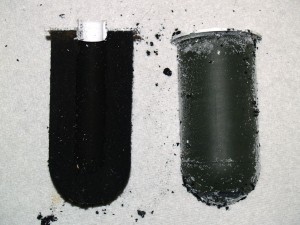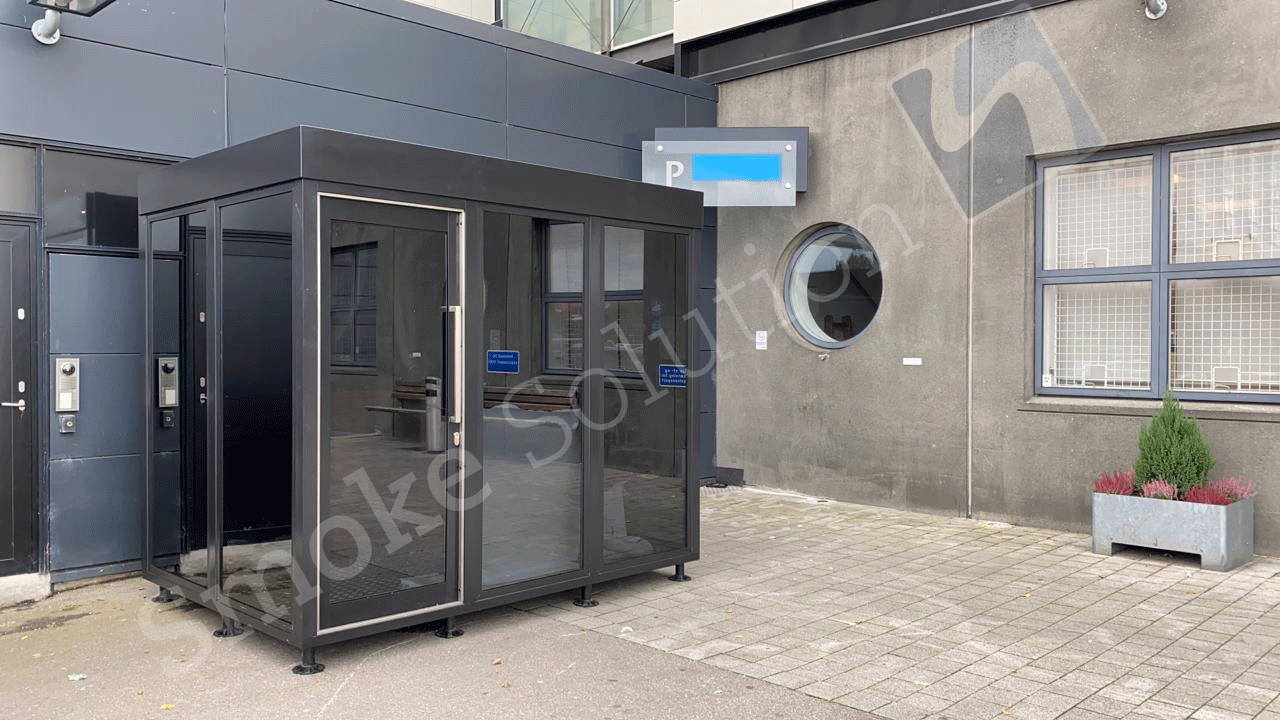
Then, Distilled Water?
Recognized by the EPA as the best option for removing chemicals, quality carbon filters remove VOCs, pesticides, bacteria, fluoride, heavy metals, and parasites. Most can safely transform any type of water into safe drinking water.
A big plus for carbon filters is that they seem to be the least expensive in the long run and require the fewest filter replacements. They also hold naturally occurring minerals from the water, making it the best tasting filtered water option, in my opinion.
Conclusion: This is what I personally use now.Amazingly, carbon filters are very inexpensive per gallon cost and need infrequent filter replacement. Portable options can even be used while traveling.From my research, this is the best option for removing contaminants without removing necessary minerals, while keeping a good taste.
Then, Distilled Water?
The distillation process heats the water to become steam. The steam is then cooled toturn back into liquid, leaving behind many contaminants. Distillation reduces large particles like heavy metals but does not remove some other contaminants like VOCs or chemicals that disrupt hormones.
<>bConclusion: It removes a large amount of contaminants, and heavy metals. But it does not reduce VOCs and other hormone disruptors. Home distillation systems are also expensive and consume too much electricity. Overall, it’s better than bottled water but definitely not the best option out there.
I got a lot of emails and questions about the healthiest options for drinking water and best water filters. To be honest, this is something I’ve also been researching for quite a while, and am only now sharing with you since I’ve finally been able to understand all of the options.
Finding the healthiest food is very important, but finding the best water options can be even more important! Some sources of water can contain hundreds of chemicals and many of these chemicals can be more easily absorbed from water than from food.
How About Bottled Water?
Bottled water has gained some popularity these days, thanks for its successful marketing. But it is not a good option for several seasons:
• Chemicals from the plastic bottle itself can leak into the water
• In most cases, the water itself is no different than tap water
• Bottled water costs more than drinking tap water
• Water bottles are not environmentally-friendly!
Conclusion: Not the best option on price, taste, or health so I skip it. Don’t be baffled by its convenience. carbon filters
So, Reverse Osmosis?
Reverse osmosis filtration uses a membrane to remove many contaminants from water. The membrane is semipermeable separates many large size particles from the water. Unluckily, the filtration process wastes a large amount of water. Not to forget many naturally occurring minerals (e.g. calcium and magnesium) are also removed.
Conclusion: Reverse osmosis does remove a large amount of contaminants but it wastes more water than it produces. Just like its distillation counterpart, reverse osmosis cannot remove VOCs and other hormone disruptors. So it’s still not the best water solution.

